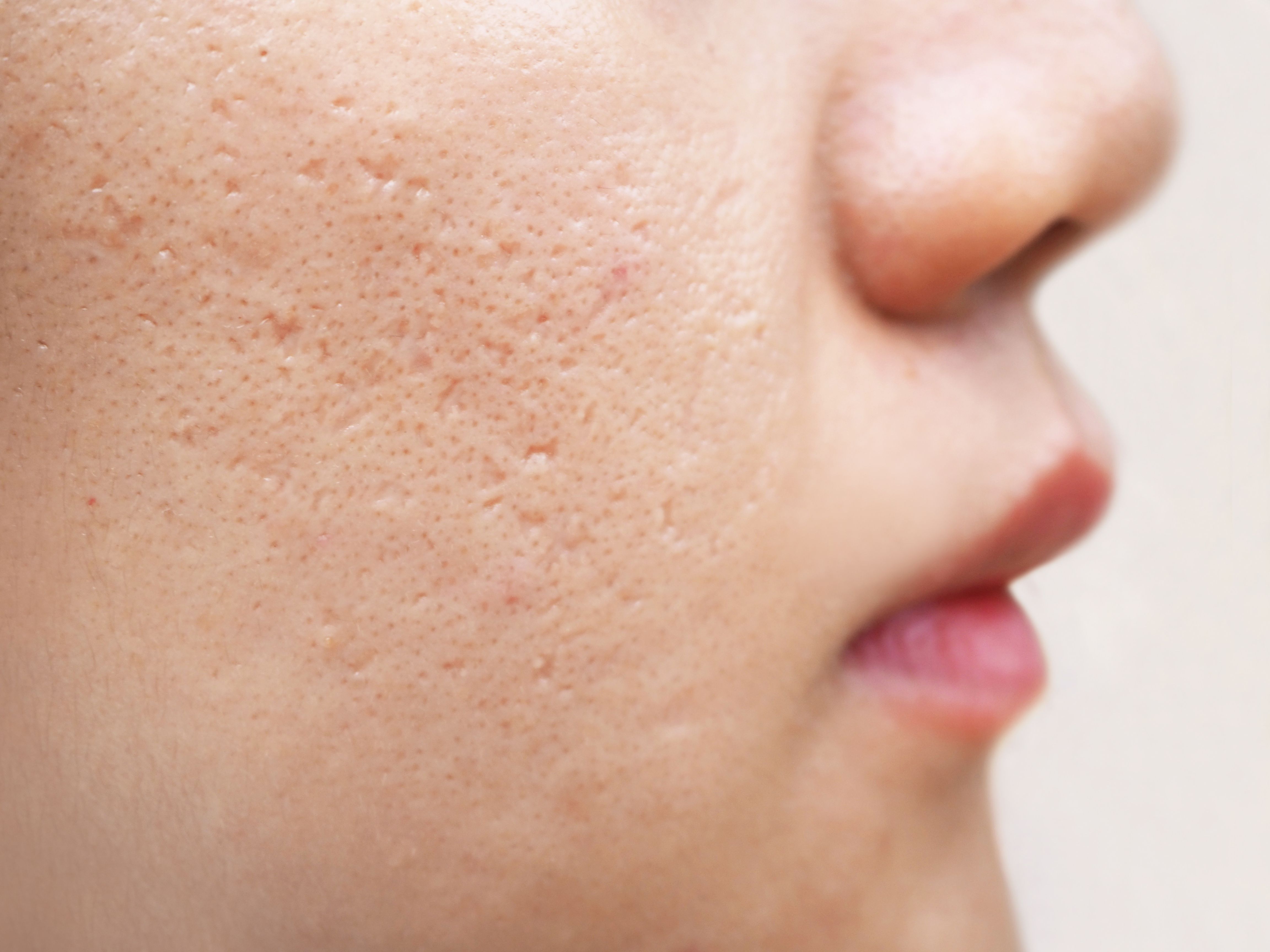- Case-Based Roundtable
- General Dermatology
- Eczema
- Chronic Hand Eczema
- Alopecia
- Aesthetics
- Vitiligo
- COVID-19
- Actinic Keratosis
- Precision Medicine and Biologics
- Rare Disease
- Wound Care
- Rosacea
- Psoriasis
- Psoriatic Arthritis
- Atopic Dermatitis
- Melasma
- NP and PA
- Skin Cancer
- Hidradenitis Suppurativa
- Drug Watch
- Pigmentary Disorders
- Acne
- Pediatric Dermatology
- Practice Management
- Prurigo Nodularis
- Buy-and-Bill
Article
Clinicians examine mind-body connection of urticaria, stress
Author(s):
Although the expression "I was so stressed I broke out in hives" is quite common, it can be a challenge for dermatologists to identify the psychosocial precipitants of chronic urticaria, according to Josie Howard, M.D., a psychiatrist in private practice, and clinical instructor departments of psychiatry and dermatology, University of California, San Francisco. But that is beginning to change, she says.

Key Points
San Francisco - Although the expression "I was so stressed I broke out in hives" is quite common, it can be a challenge for dermatologists to identify the psychosocial precipitants of chronic urticaria, according to Josie Howard, M.D., a psychiatrist in private practice, and clinical instructor departments of psychiatry and dermatology, University of California, San Francisco. But that is beginning to change, she says.
"There is a growing appreciation of the link between the mind, the immune system, and the skin," Dr. Howard says. "The skin and the nervous system are derived from the same embryologic layer, and we are only just beginning to appreciate the implications of this link."
The missing link
The patients most likely to be diagnosed with chronic urticaria due to stress include a subset of patients in whom no cause can be found, Dr. Howard says.
"This subset - about 30 percent of patients who have been diagnosed with idiopathic urticaria - is the group in which we most often look to psychological factors for an explanation," she says. "Many dermatologists will agree that it is not uncommon to see chronic idiopathic urticaria arising after a major life stressor, or for patients who are most impaired by urticaria to be those with more limited stress management skills."
With many of these patients, there is an opportunity for dermatologists to help them with their skin conditions as well as their quality of life.
"Sometimes, it's just a matter of planting a seed that somatic symptoms respond to stress reduction techniques that can motivate a patient to pursue treatment," Dr. Howard says. "This can also lead to diagnosis and treatment of previously unidentified psychiatric comorbidities such as mood and anxiety disorders.
"The patient who presents with relatively minor dermatological symptoms and a seemingly disproportionate amount of distress about these symptoms is telling you something," she says. "They are telling you that they are experiencing significant distress but may not have the capacity to recognize the psychological contribution to their suffering."
Dr. Howard suggests dermatologists take time to educate patients about the link between stress, anxiety and the skin. "The one-on-one time gives dermatologists the opportunity to direct patients toward interventions that can improve their overall quality of life," she says.
Dr. Howard does caution dermatologists against starting patients on antidepressants without first educating themselves.
"There is more and more evidence that antidepressants may be less useful than psychotherapy and cognitive behavioral therapy in treating mild-to-moderate depression," Dr. Howard says. "Any patient who starts an antidepressant needs to be followed closely and monitored for the emergence of manic or hypomanic symptoms."






